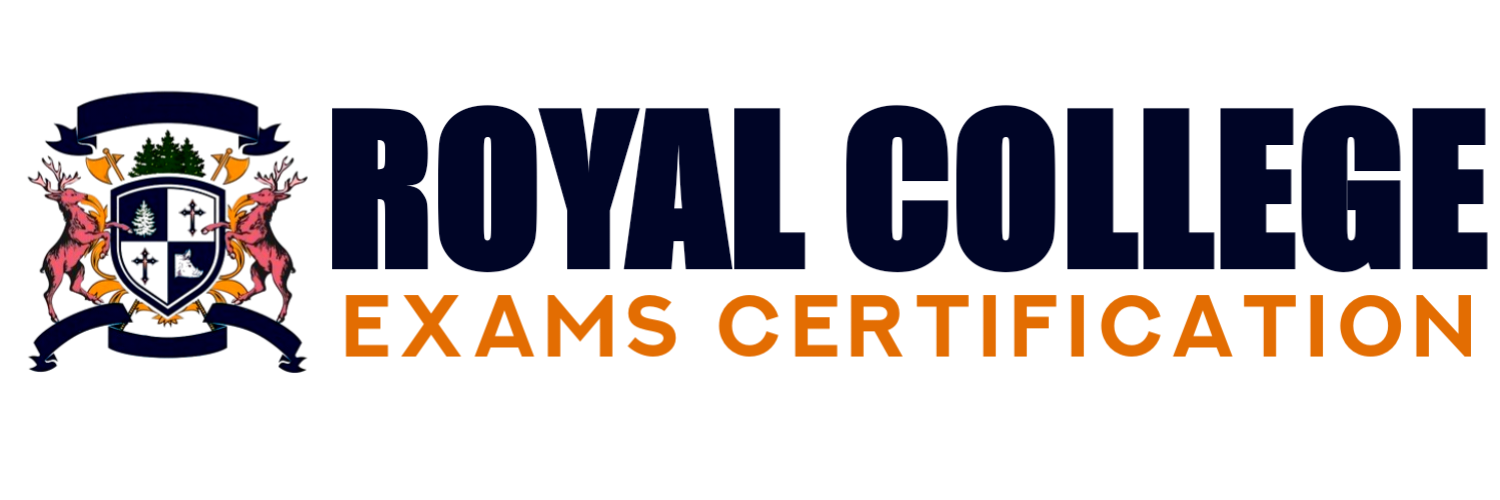Preparing for the Royal College Exams in the UK—whether it’s MRCP, MRCS, MRCOG, or FRCS—is a challenging yet rewarding journey for both UK doctors and international medical graduates (IMGs). Many candidates put in months of hard work, but small mistakes can affect their performance and final results.
To help you succeed, we’ve highlighted the most common mistakes candidates make during Royal College exam preparation and practical tips to avoid them.
1. Not Creating a Structured Study Plan
A major reason candidates struggle with Royal College exam preparation in the UK is the lack of a clear timetable. The exam syllabus is vast, and random studying often leads to missed topics.
👉 Tip: Break down the syllabus into manageable sections. Allocate time for theory, clinical scenarios, and revision. Use UK-based Royal College question banks to practice regularly.
2. Over-Reliance on a Single Resource
Depending only on one book or course is risky. The Royal College Exams test both clinical knowledge and practical application in UK healthcare settings.
👉 Tip: Use multiple resources like NICE guidelines, official UK exam references, question banks, and preparatory courses for a well-rounded approach.
3. Ignoring the Exam Pattern and Time Management
Some candidates prepare the content well but fail to practice under timed exam conditions. This often leads to incomplete answers in the actual exam.
👉 Tip: Attempt Royal College mock exams UK-based to get comfortable with timing, structure, and pressure.
4. Neglecting UK Clinical Guidelines
A big mistake IMGs make is relying on international references only. The Royal College exams UK are highly dependent on NICE guidelines, GMC practices, and local clinical protocols.
👉 Tip: Regularly update yourself with the latest UK medical guidelines while preparing.
5. Preparing in Isolation
Studying alone can limit your understanding of difficult topics and real-life clinical cases.
👉 Tip: Join UK-focused Royal College exam preparation courses, IMG study groups, or online forums. Group discussions help in quick revision and deeper understanding.
6. Ignoring Health and Well-Being
Excessive study without rest can lead to stress and burnout. A tired mind struggles during exam conditions.
👉 Tip: Follow a healthy routine with sleep, exercise, and short breaks to maintain balance during preparation.
Conclusion
Avoiding these common mistakes can make your Royal College Exam preparation in the UK more effective and less stressful. Focus on structured study plans, multiple resources, UK clinical guidelines, and regular mock exams. With the right strategy, both UK doctors and IMGs can succeed in achieving Royal College certification and advancing their medical careers.
❓ FAQs
Q1. How should I prepare for Royal College Exams in the UK?
👉 Preparation requires a clear study plan, multiple resources (question banks, NICE guidelines, mock exams), and consistent practice under timed conditions.
Q2. What are the most common mistakes candidates make in Royal College exam preparation?
👉 Lack of a structured plan, over-reliance on one resource, ignoring UK guidelines, poor time management, and studying in isolation are the biggest mistakes.
Q3. Are NICE guidelines important for Royal College Exams in the UK?
👉 Yes, UK Royal College exams are heavily based on NICE guidelines and GMC practices. Staying updated with them is crucial for success.
Q4. Do International Medical Graduates (IMGs) face extra challenges in Royal College Exams UK?
👉 Yes, IMGs often struggle with UK-specific guidelines and exam formats. Joining UK-based prep courses and study groups can help overcome this.
Q5. How can I improve my chances of passing Royal College Exams?
👉 Focus on smart preparation, attempt UK mock exams, stay updated with clinical guidelines, and avoid common mistakes that most candidates make.

